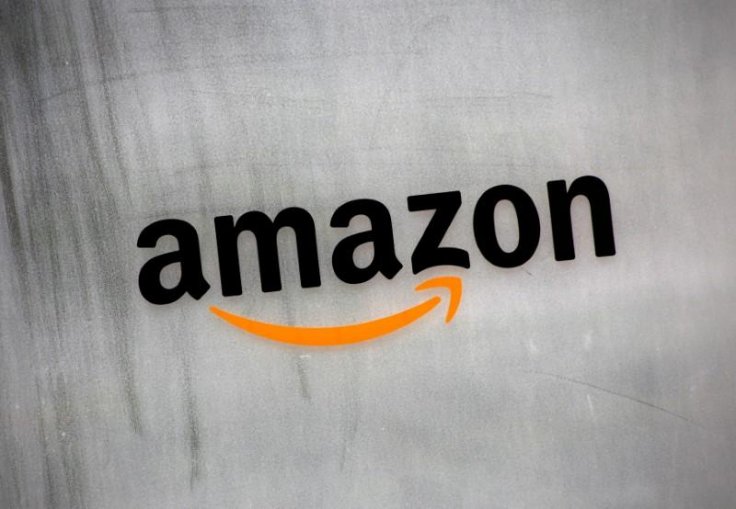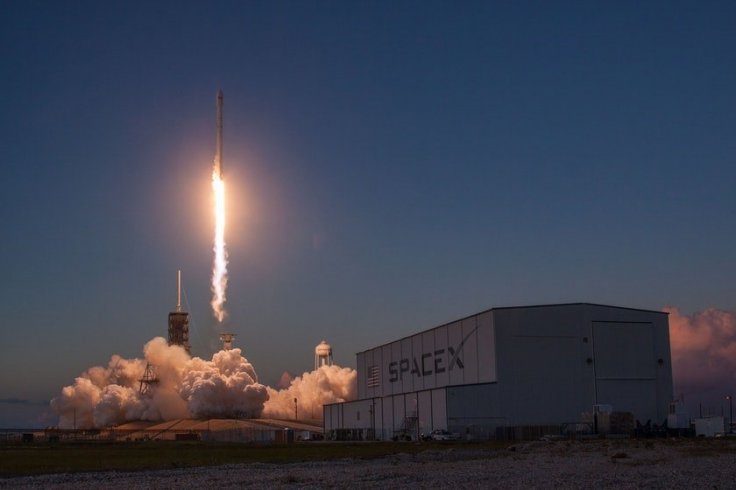Amazon will be pumping in more than $10 billion to build a constellation of over 3,000 satellites that will be capable of beaming high-speed broadband internet service to people across the world who so long lacked such access. The announcement was made on Thursday following regulatory approval from the Federal Communication Commission (FCC) to create 'Project Kuiper'.
The project is aimed at creating low-earth-orbit (LOW) satellites that will directly compete with SpaceX's Starlink. Needless to say, Amazon's foray into the aerospace program is seen as a big threat for SpaceX, the aerospace company founded by Elon Musk. However, Spacelink still will continue to have a larger fleet of satellites.
Amazon's Giant Leap

Amazon made the announcement a day after the FCC's five commissioners unanimously gave the permit to the company to launch its Kuiper fleet into space and communicate with Earth-based antennas. The big announcement also comes on a day the e-commerce giant posted its biggest quarterly profit in its 26-year history.
Amazon said in a blog post: "A project of this scale requires significant effort and resources, and, due to the nature of LEO constellations, it is not the kind of initiative that can start small. You have to commit." The project will see Bezos pumping in more than $10 billion into a constellation of 3,236 satellites in an effort to provide "reliable, affordable broadband service to unserved and underserved communities around the world."
The company said that the project will also benefit wireless carriers deploying 5G and other wireless services to new regions. Although extremely costly to build, the satellite technology, if realized, will be capable of serving people in rural areas and other pockets where fiber optic cables and cell towers do not reach. Also, the technology could come as a major help when natural calamities like hurricanes disrupt communication.
SpaceX Faces Competition

Amazon's Kuiper, if not a threat, will somewhat make Musk's Spacelink face stiff competition. However, Spacelink is potentially a lot larger fleet of 12,000 to 42,000 satellites, several times bigger than the total number of spacecraft the human race has seen getting launched.
Incidentally, Kuiper's project cost of $10 billion is exactly the same SpaceX President and COO Gwynne Shotwell had estimated in May 2018 as the amount it would take to complete Spacelink. Musk too had estimated a higher price for Spacelink's completion. In May 2019, Musk had told reporters that SpaceX was attempting to capture just 1-3 percent of the multi-trillion dollar global telecommunications business and that the project could net SpaceX around $30 billion to $50 billion a year.
This made many analysts to value the company upward of $100 billion. The same has happened this time too with launch of Kuiper, prompting Amazon to engage in regulatory battles with SpaceX and other smaller rivals since it asked for FCC's approval in 2019. So much so that at one point Musk even called Bezos a copycat. However, despite all that, bringing high-speed affordable internet service to remote areas will only help Amazon to grow its already thriving digital entertainment business.









